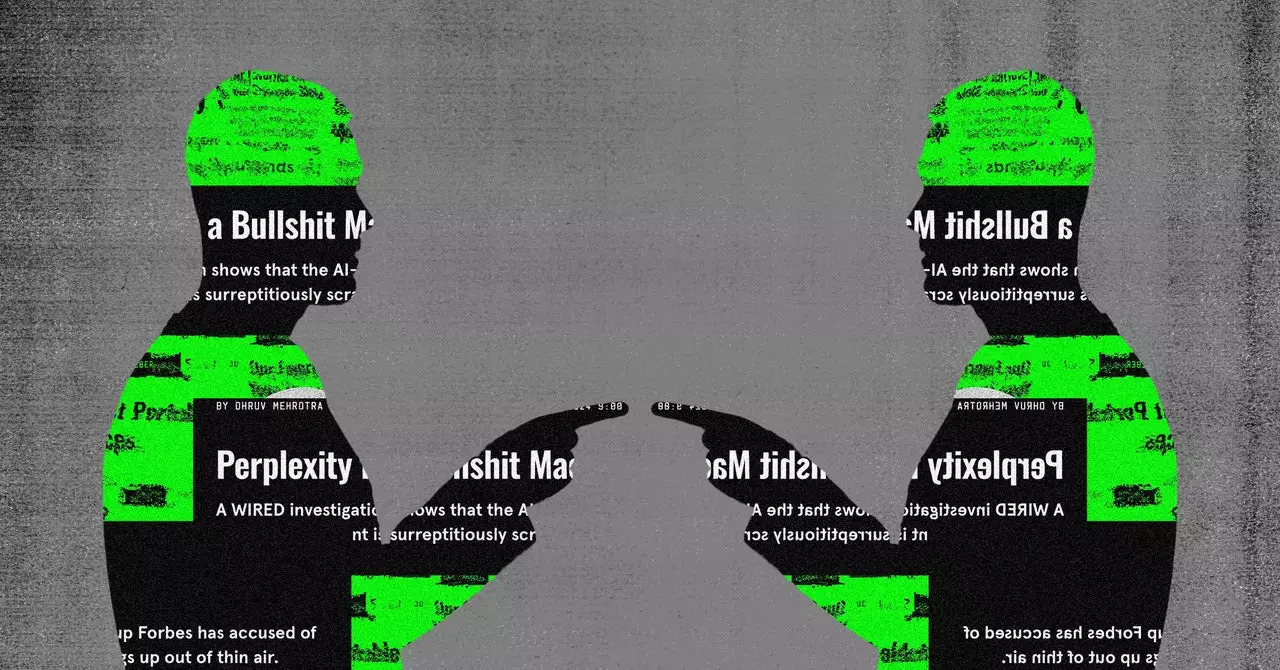The use of AI-generated content has raised significant legal concerns, particularly in relation to defamation. According to legal experts, the risk of being held liable for defamation arises when AI tools summarize a story inaccurately and make it defamatory in the process. In such cases, the original source must be credited clearly to allow readers to verify the information. Failure to do so could expose the AI developer to legal risks, as established under the legal framework interpreting Section 230.
A notable case that exemplifies the legal risks associated with AI-generated content is the incident involving Perplexity’s chatbot. The chatbot falsely claimed, while providing a link to the original source, that a specific police officer in California had committed a crime. Despite acknowledging that the responses may not always be accurate, Perplexity emphasized its commitment to improving accuracy and the user experience. Legal experts have pointed out that such claims could potentially lead to liability if proven true and detrimental to the AI developer.
In addition to defamation risks, the use of AI-generated content has also raised concerns about copyright infringement. Some legal scholars argue that copyright infringement encompasses the unauthorized use of another’s expression that diminishes the author’s ability to receive adequate compensation. While using one sentence verbatim may not constitute infringement, the threshold for substantial similarity necessary for a successful claim is debatable. Nevertheless, experts emphasize the importance of considering the broader implications of copyright laws in the context of advancing technology.
The Need for an Evolved Legal Framework
As the debate around AI-generated content and legal liabilities continues, there is a growing consensus among experts that existing copyright laws may no longer suffice. Bhamati Viswanathan advocates for a new legal framework that addresses market distortions and promotes the core objectives of intellectual property laws, including incentivizing creators to produce original work. She argues that generative AI technologies are fundamentally reliant on large-scale copyright infringement, necessitating a reevaluation of legal structures to ensure the sustainability of creative economies.
The emergence of AI technologies has underscored the value of creativity in today’s society, yet it also poses a threat to creators’ ability to earn a living from their work. As AI continues to evolve, the legal and ethical considerations surrounding copyright infringement and defamation must be carefully examined to safeguard the interests of content creators. Ultimately, the challenge lies in striking a balance between technological innovation and legal protection to ensure the continued prosperity of creative economies in the digital age.


Leave a Reply